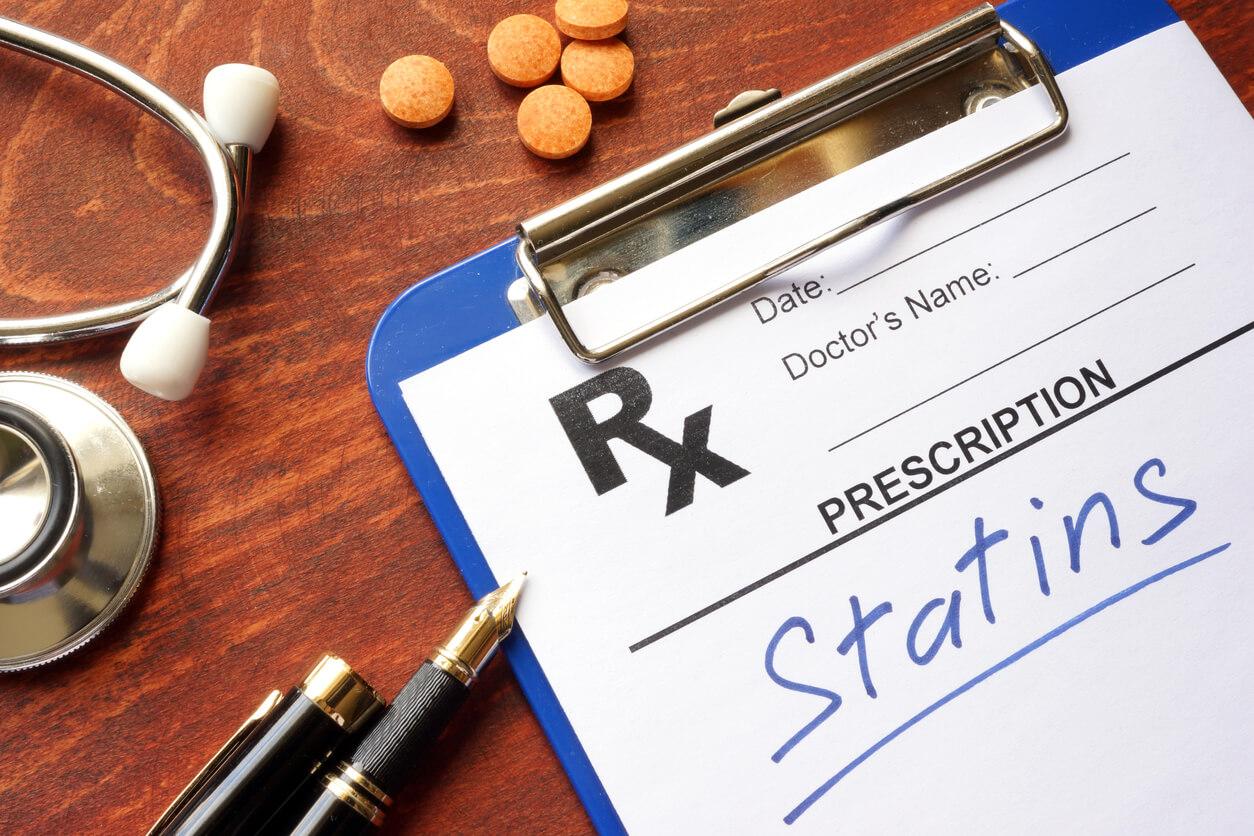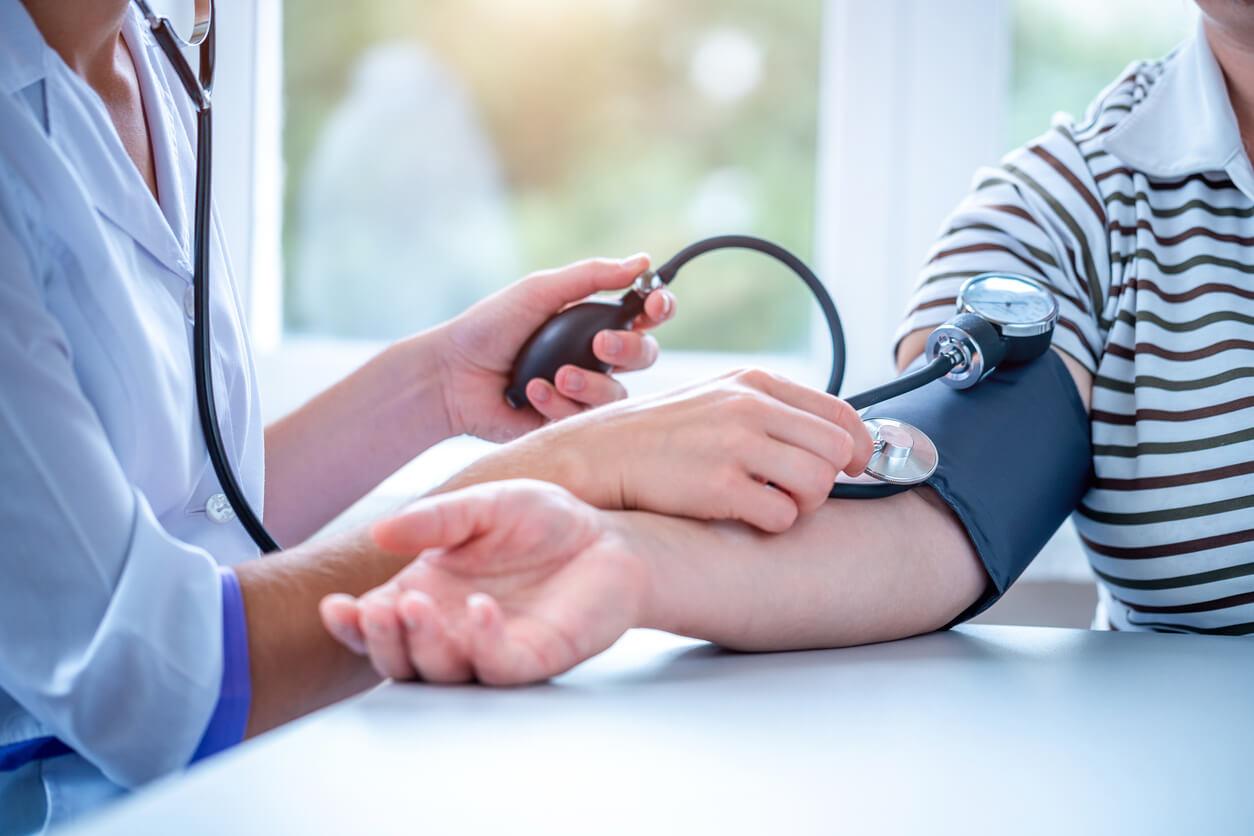Antihypertensives: Uses, Types, and Side Effects
A complete guide to antihypertensives
What are antihypertensives?
Antihypertensive drugs–also known as antihypertensive agents–are a class of medications used to treat high blood pressure. The word “antihypertensive” describes diverse sub-classes of drugs, all used to help lower blood pressure.
The mechanism of action for each of these drugs is slightly different. Some high blood pressure drugs work by widening blood vessels (e.g., veins and arteries) throughout the body so that blood can flow more freely to and from the heart. Other drugs prevent the release of excess fluids from the blood, and some classes of antihypertensives prevent the release of certain chemicals in the body that contribute to elevated blood pressure levels.
Antihypertensive medications are generally supplied as oral capsules or tablets. It is important to note that while antihypertensive drugs play a key role in treating hypertension, they will not completely “cure” high blood pressure. Instead, high blood pressure drugs are used in conjunction with physical activity and dietary adjustments to improve cardiovascular fitness and aid with the management of hypertension.
What are antihypertensives used for?
Antihypertensive drugs are used by health care providers in the treatment of hypertension (high blood pressure). According to the Centers for Disease Control and Prevention (CDC), nearly half of all American adults have high blood pressure. It doesn’t just affect older adults. Nearly 1 in 4 adults have high blood pressure between the ages of 20 and 44.
The American Heart Association defines blood pressure as “the force of your blood pushing against the walls of your blood vessels.” This pressure pushes oxygen-rich blood through the body. When blood vessels become blocked and narrowed, the heart and blood vessels must work harder to pump blood throughout the body. This can further damage the blood vessels and organs throughout the body.
According to the National Institute of Health (NIH), nearly 95% of all hypertensive patients have what is known as essential hypertension. Essential hypertension is high blood pressure not caused by a medical condition or medication use. This means that the condition is caused by genetics, obesity, and unhealthy lifestyle traits. Stage 1 hypertension is generally considered a consistent systolic reading of 130-139 mm Hg and a diastolic reading of 80-89 mm Hg.
Blood pressure is called the “Silent Killer” as it may not produce any noticeable symptoms or signs that anything is wrong. If left untreated, however, hypertension can cause complications such as:
- Heart failure/ heart disease
- Heart attack (myocardial infarction)
- Stroke
- Vision loss
- Chronic kidney disease/ renal impairment
- Sexual dysfunction
Common symptoms of high blood pressure in hypertensive patients include:
- Headaches
- Changes in heart rate
- Shortness of breath
- Chest pain
- Dizziness
- Nosebleeds
Again, not all patients with high blood pressure will experience these adverse effects. Because of this, it is important to undergo regular check-ups with your primary care provider to test your blood pressure levels. Early detection of high blood pressure can make the condition easier to treat while preventing complications like those listed above.
What are the different types of antihypertensives?
Antihypertensive is a broad term to describe a diverse group of drugs that work differently. Blood pressure drugs may be prescribed alone or with other medications to help hypertensive patients with blood pressure control.
The main classes of antihypertensives are:
Alpha-blockers: Alpha-blockers (alpha-2 antagonists) block the transmission of nerve impulses. When stimulated, nerves release norepinephrine. Norepinephrine can cause blood vessels to tighten and narrow. Narrowed blood vessels make it difficult to pump blood through the body, leading to increased blood pressure.
By preventing norepinephrine’s effect on blood vessels, alpha-blockers keep blood vessels relaxed and open, which reduces blood pressure and minimizes the risk of cardiac conditions such as heart attack, heart failure, and coronary artery disease.
Examples of alpha-blockers include:
Beta-blockers: These medications work by blocking the transmission of certain nerve impulses. When stimulated, the nervous system releases a chemical called epinephrine (also known as adrenaline). Adrenaline can cause blood vessels to tighten and narrow. Narrowed blood vessels make it more difficult to pump blood through the body, leading to increased blood pressure.
Examples of beta-blockers include:
Calcium channel blockers: These drugs target the effect of calcium in the blood. Calcium is part of the chemical reaction that causes the tiny smooth muscles around blood vessels to contract. Narrowed blood vessels make it more difficult to pump blood through the body, leading to increased blood pressure.
By preventing calcium’s effect on blood vessels, calcium channel blockers keep blood vessels relaxed and open, which reduces blood pressure and minimizes the risk of cardiovascular disease and other complications caused by high blood pressure.
Examples of dihydropyridine calcium-channel blockers include:
Examples of nondihydropyridine calcium channel blockers include:
Angiotensin-converting enzyme inhibitors (ACE inhibitors) & angiotensin II receptor blockers (ARBs): Angiotensin-converting enzyme inhibitors (ACE or ACEis) reduce levels of enzymes that cause high blood pressure. They primarily act on the renin-angiotensin-aldosterone system–a vascular health regulator in the kidneys. These drugs reduce angiotensin II, a chemical that tightens blood vessels, while increasing levels of bradykinin, which helps your blood vessels expand. This combined effect on the angiotensin system helps relax and expand blood vessels and decrease your body’s overall blood volume, leading to lower blood pressure and a more modest demand on your heart.
Angiotensin II receptor blockers (ARBs) work similarly to ACE inhibitors. ARBs are also known as angiotensin II receptor antagonists. ACEs and ARBs are considered first-line treatment options for hypertensive patients with chronic kidney disease.
Examples of ACEis include:
Examples of ARBs include:
- Losartan
- Valsartan
- Telmisartan
- Candesartan
Diuretics: These drugs help your kidneys release extra salt and water into the urine. This lessens the body's water, decreasing the amount of fluid flowing through veins and arteries. This makes it easier for blood and oxygen to flow to the heart – which helps lower blood pressure. Diuretics used for hypertension treatment include thiazide diuretics and potassium-sparing diuretics. These drugs produce similar effects while acting on the body differently.
Examples of thiazide diuretics include:
Examples of potassium-sparing diuretics include:
Other direct vasodilators: Vasodilators are a class of medicines that help open and widen blood vessels throughout the body. This allows oxygenated blood to flow more easily to and from the heart. Vasodilators can help with blood pressure management and lower cardiovascular risk factors.
Examples of vasodilators include:
What are the common side effects of antihypertensives?
Antihypertensives have different chemical makeups and various mechanisms of action on the body. Adverse reactions to these drugs will vary depending on the drug and person. Some hypertensive patients may experience no adverse reactions at all.
Common side effects of antihypertensives include:
- Headaches
- Fatigue
- Weakness
- Cough (common with ACE inhibition drugs)
- Edema (fluid retention)
- Diarrhea
- Constipation
- Nausea and vomiting
- Sexual dysfunction
- Weight loss or weight gain
If you begin to experience a skin rash, hives, or difficulty breathing after taking an antihypertensive, you should seek medical attention immediately. These are early signs of an allergic reaction–a potentially life-threatening medical emergency.
Before starting treatment with any form of antihypertensive, talk to your health care provider about any medications or supplements you are taking. Antihypertensives can interact with other drugs and substances, potentially causing adverse reactions. You should also tell your provider if you are pregnant or are planning to become pregnant before starting treatment with blood pressure medication.
Do I need a prescription for antihypertensives?
Yes. There are no FDA-approved medications for hypertension available over-the-counter.
Providers on Sesame can write a prescription – or refill an existing one – during a virtual or in-person visit. Depending on the medication, you can arrange for same-day pickup at a pharmacy near you. Book an online consultation with a real, licensed provider on Sesame today to determine whether or not antihypertensives are right for you.
Looking for more information? Check out our blog for articles about heart health and heart-healthy recipes.
If you have a family history of hypertension or are experiencing symptoms of cardiovascular disease, you should book a video doctor visit with a licensed health care provider on Sesame to discuss your symptoms and possible treatment options.









